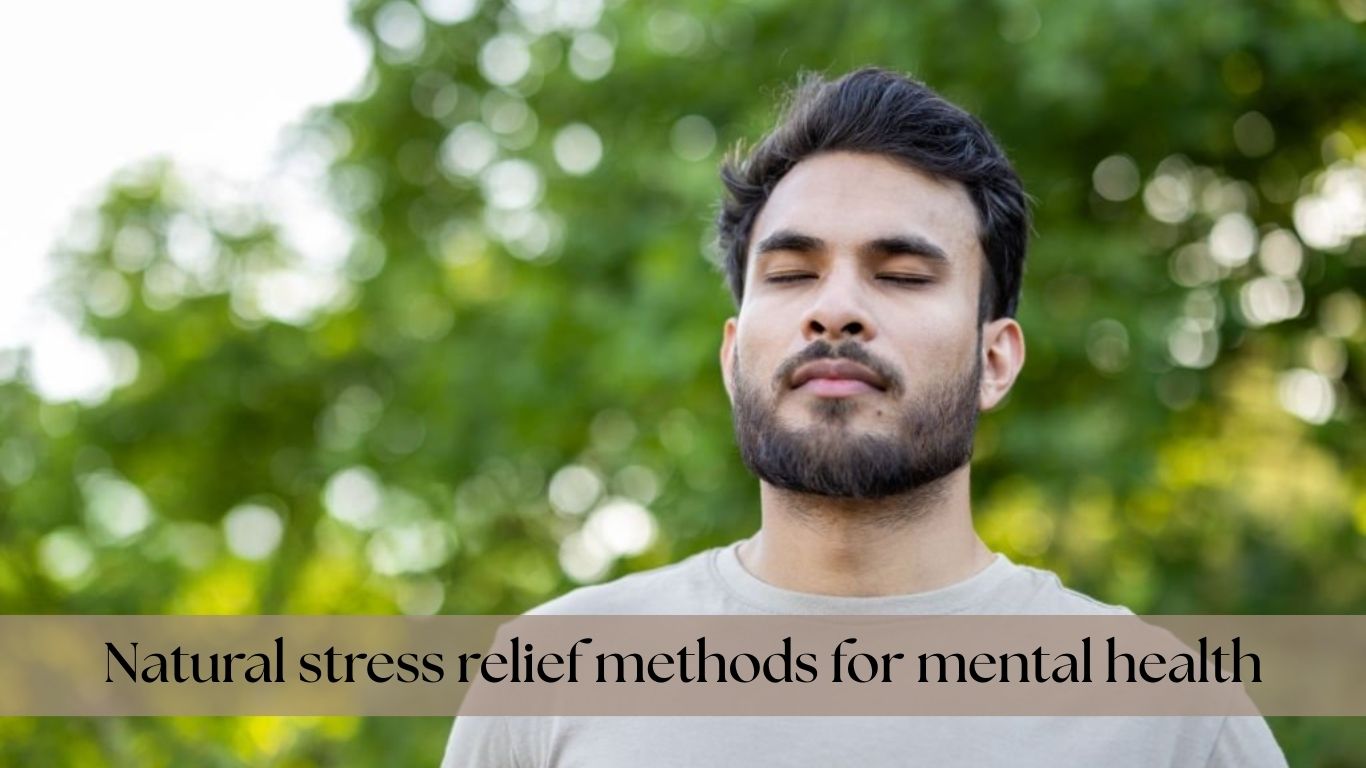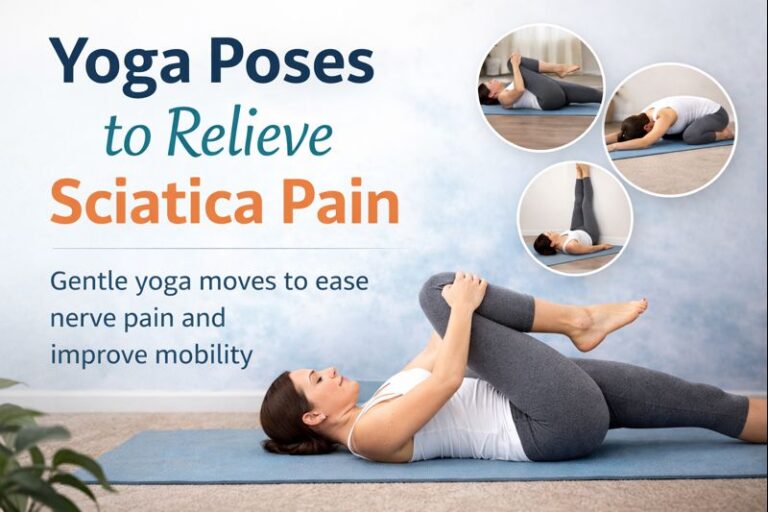Stress Relief: Techniques and Tips for a Healthier Mind and Body
What is Stress?
Stress is the body’s response to any demand or challenge, whether it’s physical, emotional, or psychological. It can be categorized into three main types:
1. Acute Stress: This is short-term stress that arises from specific events or situations, like an upcoming deadline or a traffic jam.
2. Episodic Acute Stress: This type occurs when someone frequently experiences acute stress, often due to a chaotic lifestyle or personality traits like excessive worrying.
3. Chronic Stress: This is long-term stress that persists over a prolonged period, often due to ongoing issues like financial difficulties, work pressures, or unhealthy relationships.
Regardless of the type, stress triggers a range of physical and emotional responses, from headaches and muscle tension to anxiety and irritability.
The Impact of Stress on Health
When left unmanaged, stress can have a profound impact on both mental and physical health. It can contribute to a variety of conditions, including:
Mental Health Issues: Prolonged stress can lead to anxiety disorders, depression, and other mental health conditions. It can also exacerbate existing mental health problems, making them harder to manage.
Physical Health Problems: Chronic stress can weaken the immune system, increase the risk of cardiovascular diseases, cause digestive issues, and contribute to weight gain or loss.
Effective Stress Relief Techniques
Fortunately, there are many effective techniques for managing and reducing stress. Here are some methods to consider.
1. Physical Techniques
Exercise and Physical Activity: Regular exercise is one of the best ways to reduce stress. It releases endorphins, which are natural mood lifters, and helps to clear the mind.
Yoga and Stretching: Yoga combines physical postures with breathing exercises, promoting relaxation and reducing stress.
Deep Breathing and Relaxation Exercises: Simple deep breathing exercises can calm the nervous system and reduce stress almost instantly.
2. Mental and Emotional Techniques
- Mindfulness and Meditation: Practicing mindfulness involves focusing on the present moment and can significantly reduce stress and increase feelings of well-being.
- Positive Thinking and Gratitude Practices: Shifting your focus to positive thoughts and practicing gratitude can help combat negative emotions and reduce stress.
- Journaling and Expressive Writing: Writing about your thoughts and feelings can be a great way to release pent-up emotions and gain clarity.
3. Behavioral Techniques
- Time Management and Prioritization: Effective time management can reduce the feeling of being overwhelmed by daily tasks. Prioritizing tasks helps you focus on what’s important and manage stress better.
- Setting Boundaries and Saying No: Learning to say no and setting healthy boundaries can protect your time and energy, reducing stress.
- Developing Healthy Routines and Habits: Establishing a routine can provide structure and predictability, helping to reduce stress.
Lifestyle Changes for Stress Management
Specific stress relief techniques, certain lifestyle changes can help manage stress more effectively.
- Balanced Diet and Nutrition: A healthy diet provides the nutrients needed to support the body’s stress response and overall health.
- Adequate Sleep: Quality sleep is essential for stress management. Aim for 7-9 hours of sleep each night to help your body recover and manage stress more effectively.
- Limiting Stimulants: Reducing caffeine, alcohol, and sugar intake can help stabilize your mood and reduce anxiety.
- Building a Supportive Social Network: Surrounding yourself with positive and supportive people can provide emotional support and reduce stress.
Alternative and Holistic Approaches
Some people find relief from stress through alternative and holistic methods:
- Aromatherapy and Essential Oils: Scents like lavender, chamomile, and eucalyptus can promote relaxation and reduce stress.
- Acupuncture and Massage Therapy: These therapies can help relieve physical tension and promote relaxation.
- Herbal Remedies and Supplements: Certain herbs and supplements, like chamomile, valerian root, and magnesium, are known for their calming effects.
When to Seek Professional Help
While many stress relief techniques can be practiced independently, there are times when professional help may be necessary. If you experience persistent stress that affects your daily life or leads to severe anxiety, depression, or other mental health issues, consider seeking help from a therapist or counselor. They can provide personalized strategies and support to help you manage stress effectively.
Conclusion
Stress is an inevitable part of life, but it doesn’t have to control you. By understanding stress and utilizing effective stress relief techniques, you can manage stress more effectively and lead a healthier, happier life. Remember that finding the right balance of techniques may take time, and it’s important to be patient with yourself as you discover what works best for you.







